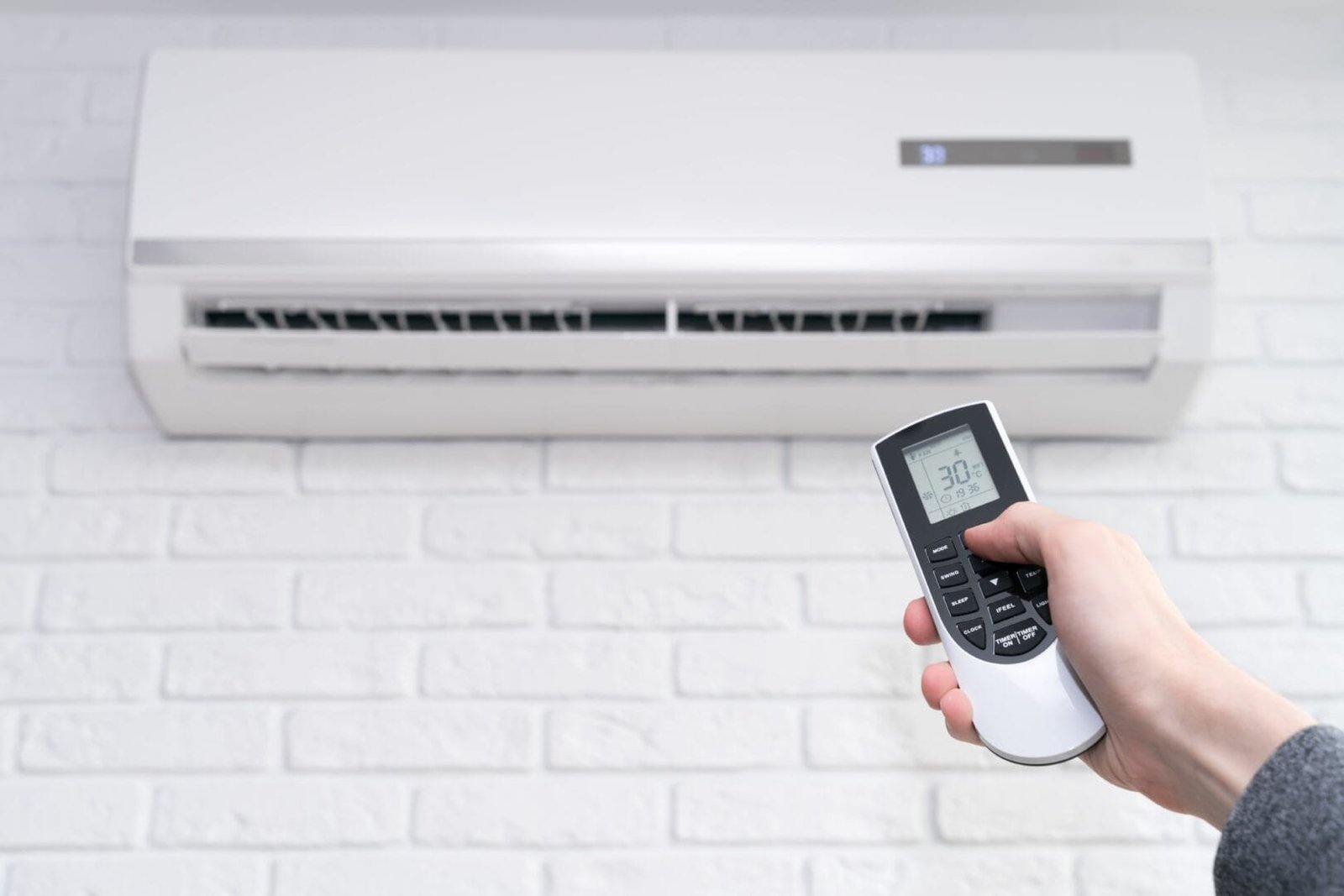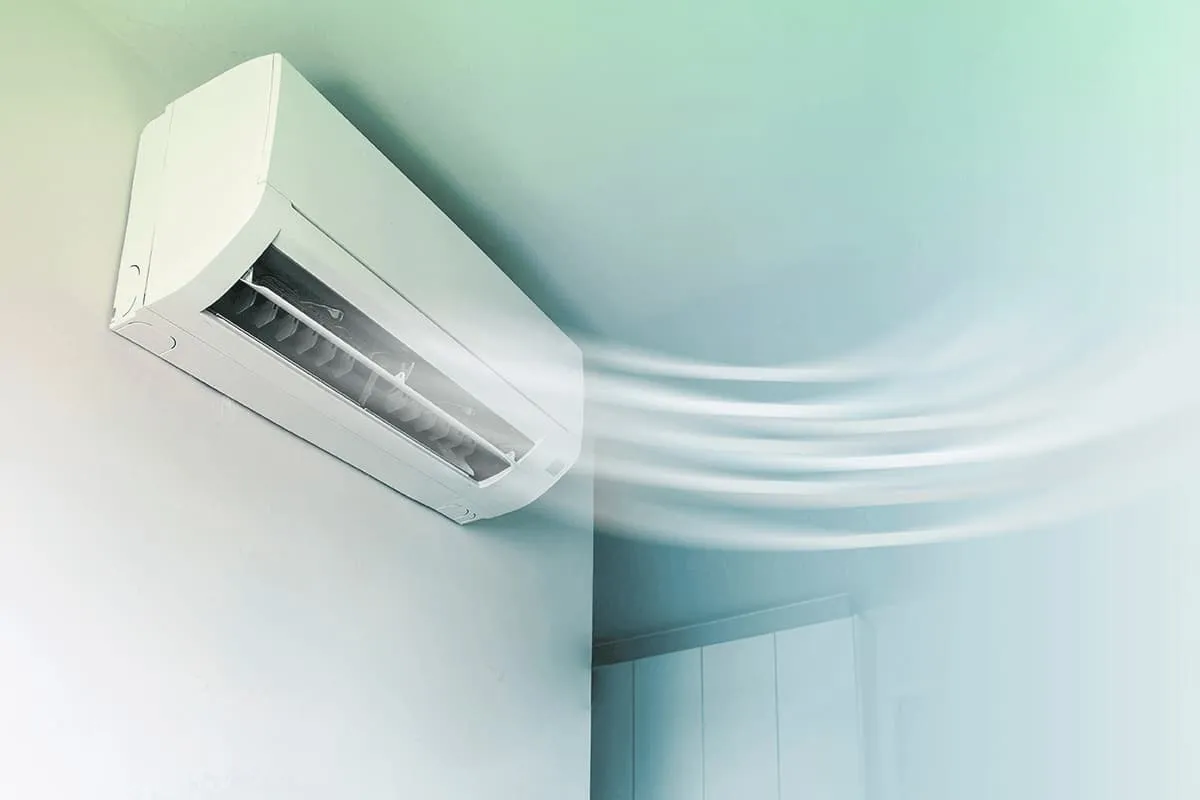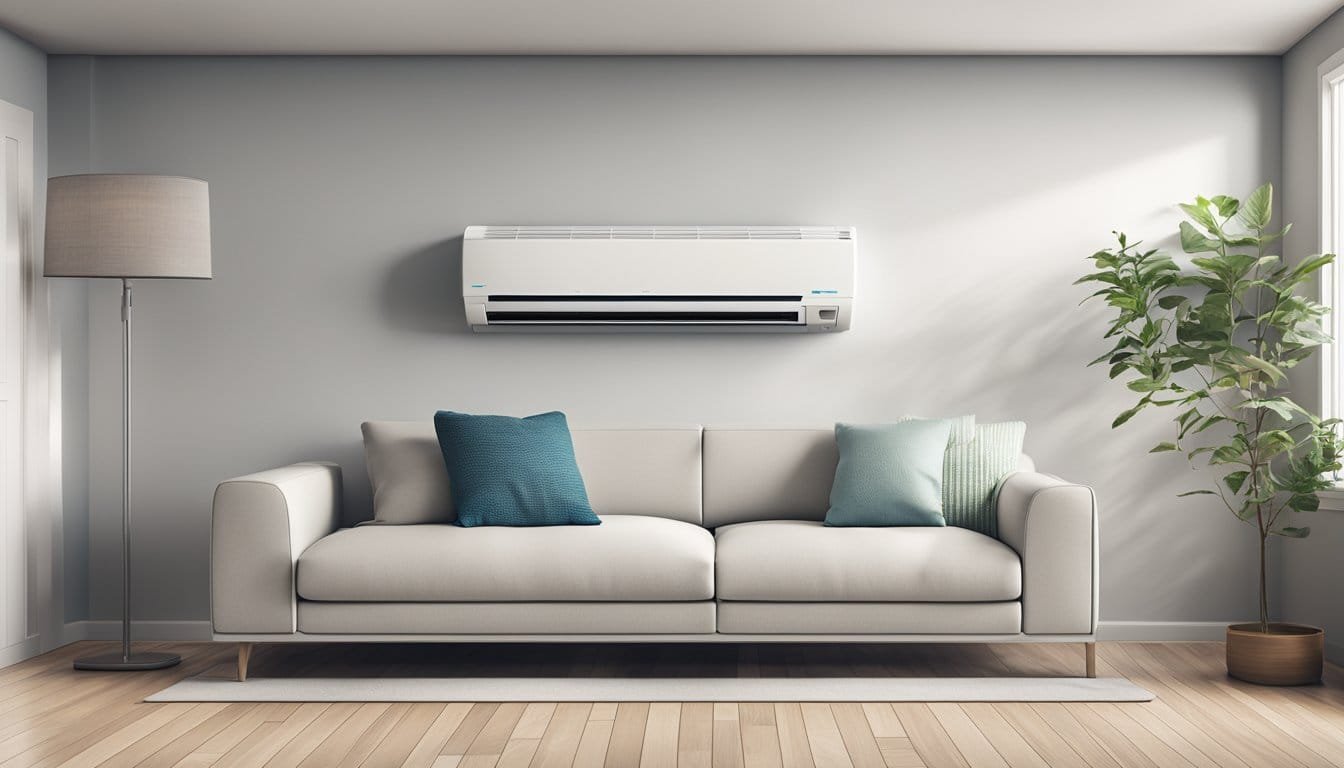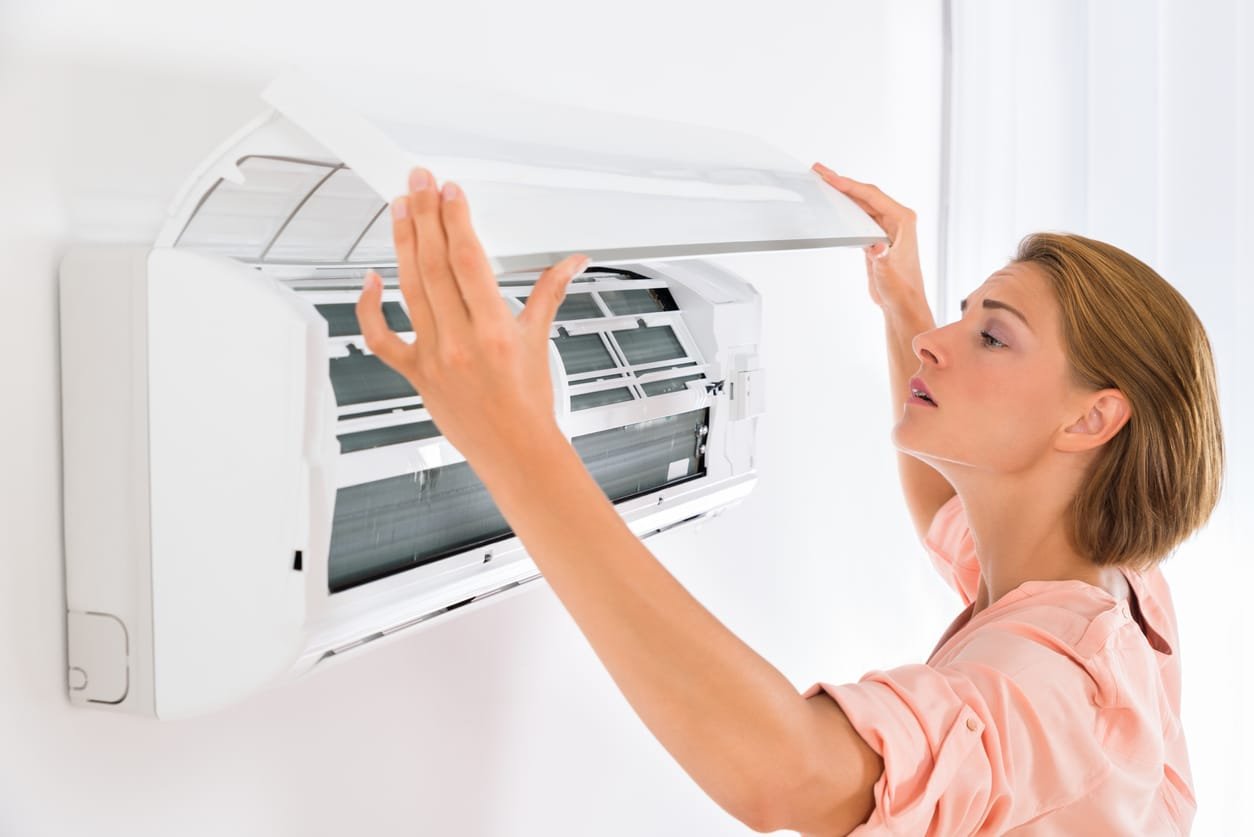Protecting Your AC System in Coastal Environments
The ocean breeze and beautiful views make coastal living truly special. However, the coastal climate can take a toll on your AC system. Salt air and high humidity can corrode components, reduce efficiency, and lead to costly repairs or replacements.
The Hidden Challenge: Salt Air Corrosion
Coastal salt air aggressively targets outdoor AC units. Over time, it eats away at metal components like coils, copper tubing, and electrical connections. This corrosion can lead to refrigerant leaks, decreased efficiency, and even total system breakdowns.
To defend against this, experts recommend applying protective coatings to your system. These coatings act as a shield, extending the lifespan of your AC. It’s also crucial to have a professional deep-clean your unit annually (or more often if you live right by the beach) to remove salt buildup that basic rinsing can’t reach.
The Humidity Problem: Mold and Air Quality Risks
Coastal homes also face high humidity, which creates an ideal environment for mold growth inside AC systems and ductwork. Mold spores can spread through your home, triggering allergies and causing musty odors.
Combatting humidity involves installing whole-home dehumidifiers alongside your AC system to control moisture and improve indoor air quality. Proper airflow and ventilation checks also play a role, preventing damp, stagnant air. Mold-prone areas like drain pans and coils should be cleaned regularly to prevent costly repairs and maintain healthier air.
Choose the Right AC for Coastal Homes
Not every AC system is designed to handle the challenges of coastal living. Central air conditioning works well for homes with ductwork, while ductless mini-split systems are a great choice for properties without it. These systems are energy-efficient and ideal for heritage or coastal-style homes.
Living near the coast is a dream, but taking care of your AC is essential to ensure year-round comfort and protect your investment.
Source: DEEPCHILL






